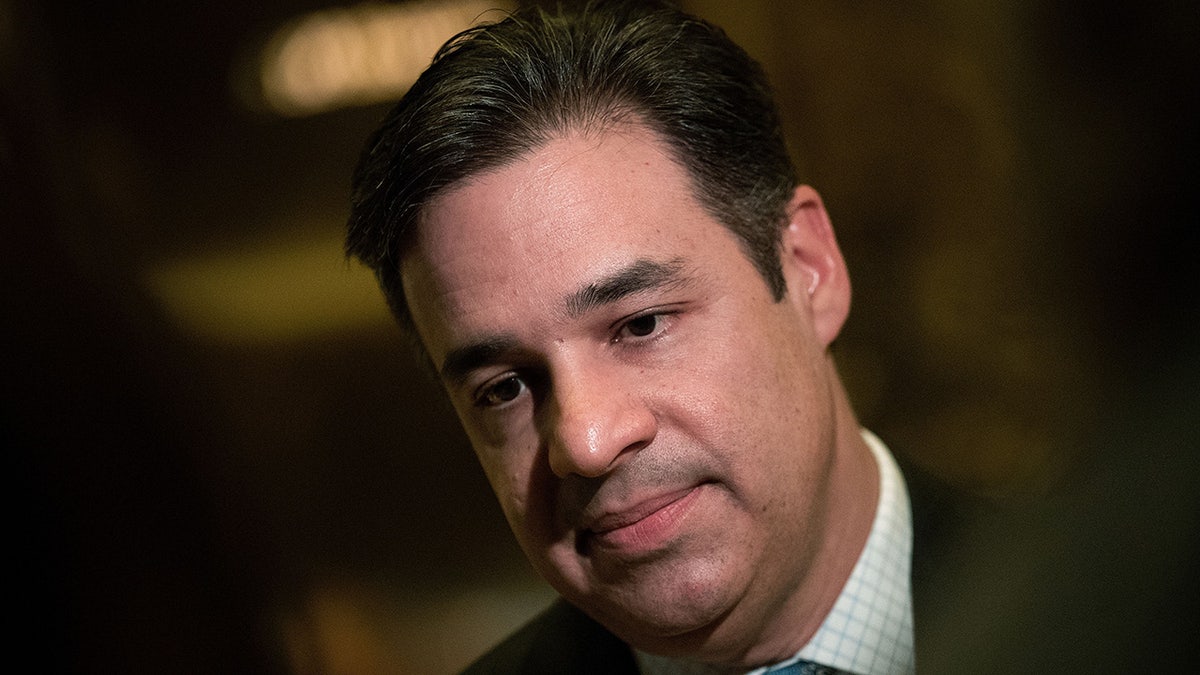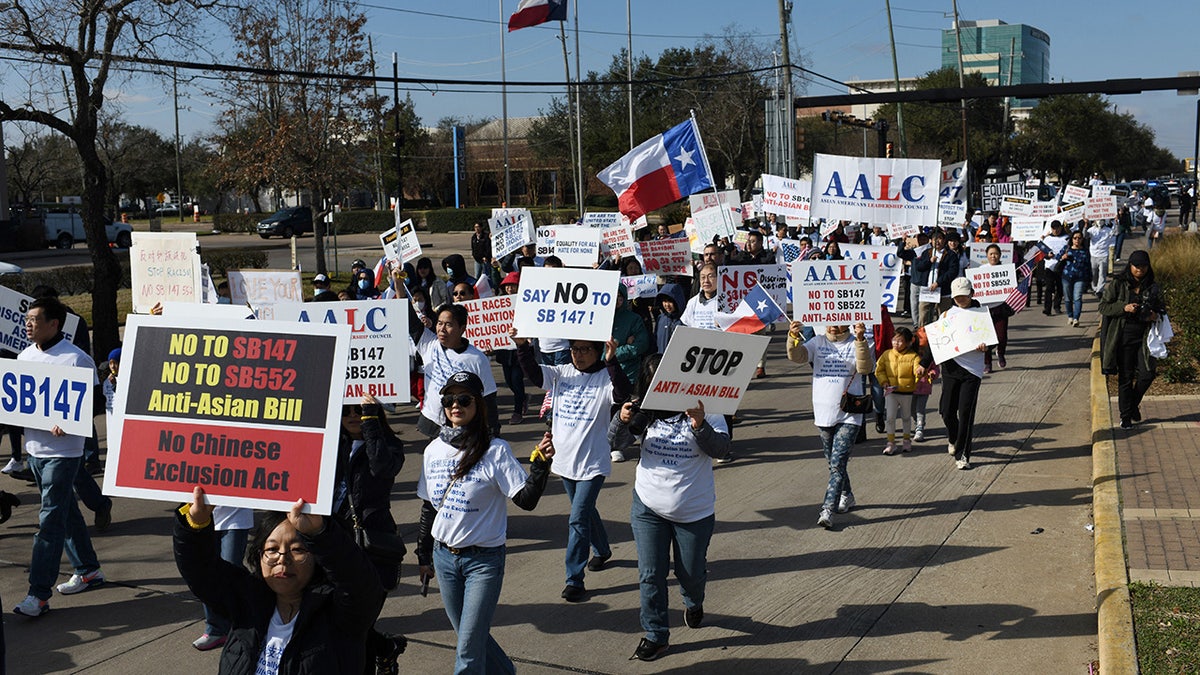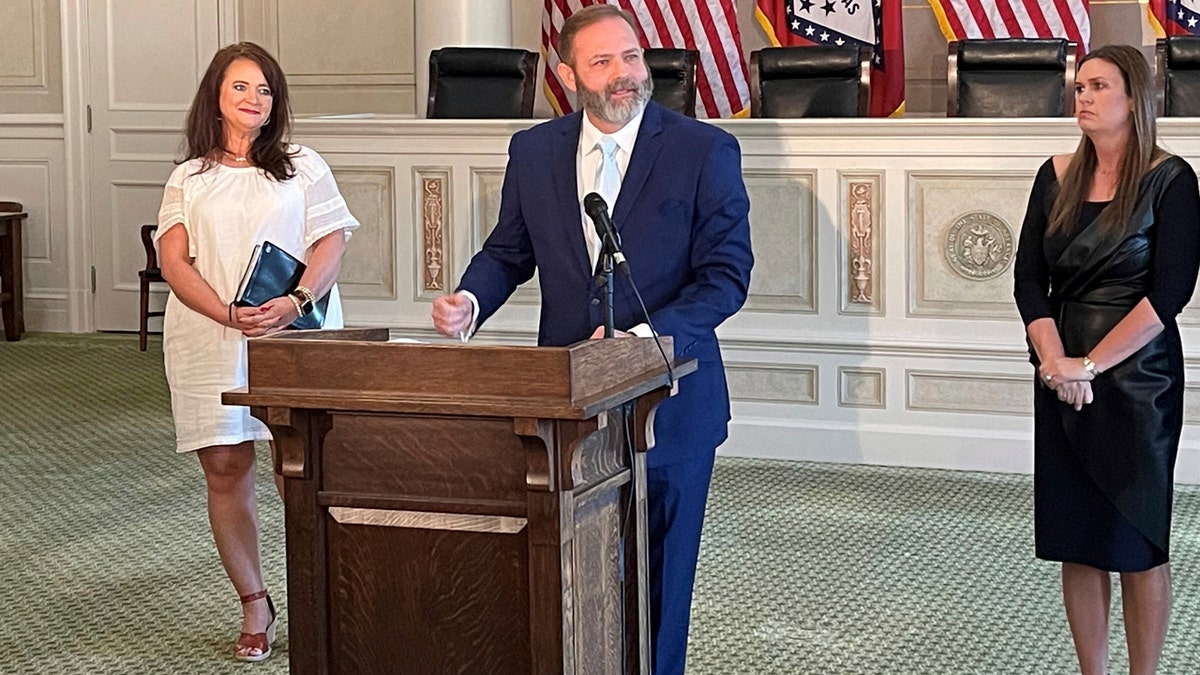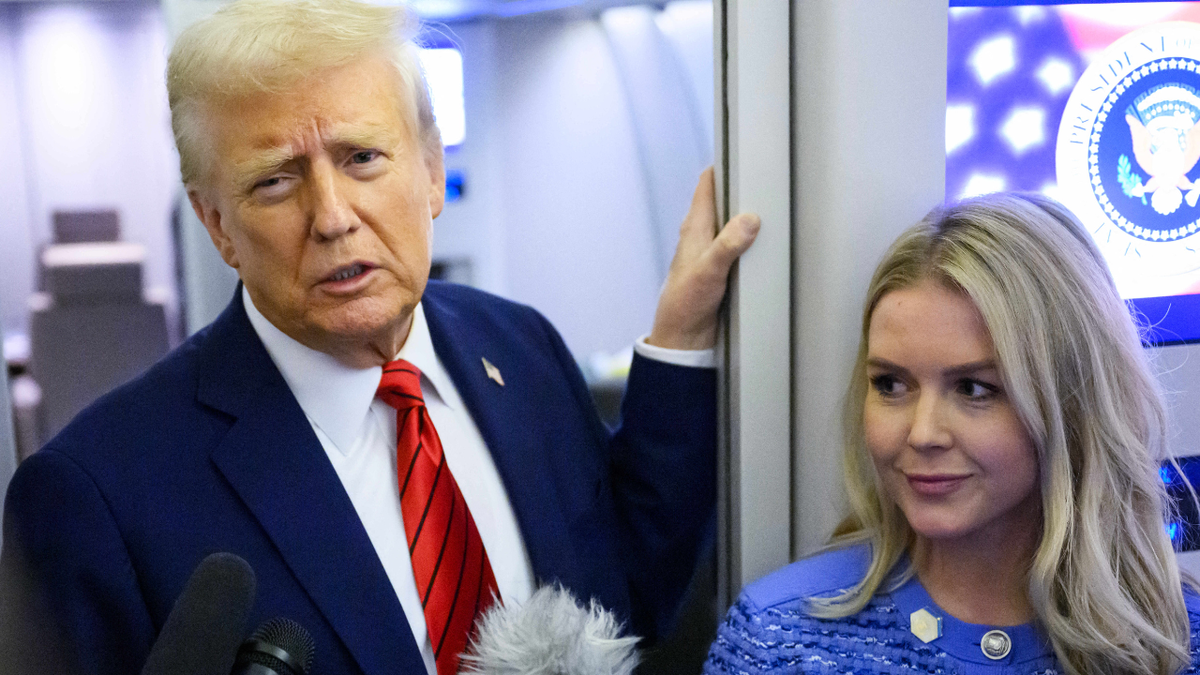A heated debate is unfolding over a new Florida law restricting land ownership by Chinese citizens near military bases and critical infrastructure. Twelve Republican attorneys general, spearheaded by Idaho's Raúl R. Labrador, have filed a legal brief defending the law against claims of racism and unconstitutionality. They argue that Florida is simply exercising its right to control land within its borders, similar to practices in many other states and nations.
The law, SB 264, which took effect July 1st, targets "foreign principals" residing in several countries, including China, and prohibits them from acquiring land near sensitive locations. Exceptions exist for individuals with non-tourist visas or asylum status purchasing small residential properties under specific conditions. The law explicitly bans land acquisition by the People’s Republic of China and its entities.

Then-U.S. Rep. Raul Labrador speaks to reporters at Trump Tower, Dec. 12, 2016, in New York City. Labrador, now the Idaho attorney general, is backing a Florida law restricting Chinese land ownership in federal court. (Drew Angerer/Getty Images)

Protesters march in Houston against a bill that would forbid Chinese nationals from buying properties in Texas, on Feb. 11, 2023. (Mark Felix/AFP via Getty Images)

Gov. Ron DeSantis, who is vying for the 2024 GOP presidential nomination, signed a law restricting some Chinese land ownership in Florida. (Paul Hennessy/SOPA Images/LightRocket via Getty Images)
The American Civil Liberties Union (ACLU), representing several Chinese citizens and a brokerage firm, has filed a lawsuit challenging the law, claiming it's discriminatory and causing harm to Asians seeking homes in Florida. They allege that lenders are hesitant to work with Chinese nationals, disrupting the real estate market. The ACLU is seeking a preliminary injunction against the law.
The U.S. Department of Justice (DOJ) has also weighed in, arguing that the law violates the 14th Amendment's equal protection clause and the Fair Housing Act. While the DOJ hasn't formally joined the case, their statement of interest adds another layer of complexity to the legal battle. A hearing on the ACLU's injunction request is scheduled for July 18th before U.S. District Judge Allen C. Winsor.








